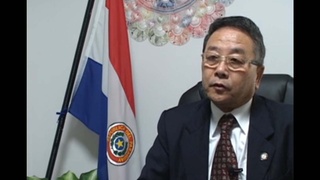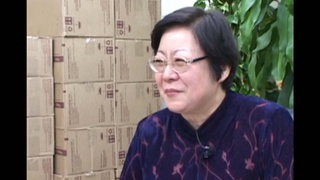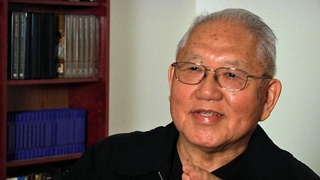Interviews
Standing up for social justice
If you are not indignant about what's going on out there, you got a problem. More than that, you are the problem. You know, I get on talking with people sometimes and I always like to say that complacency, is complicity. And apathy enables our enemies. There's a lot of different ways to say it. But I believe that we can't sit silent and not say something, we can’t stay where we are when there's a march outside our window. We can't stay silent in opportunities like this. We know that whatever we're saying right now will be viewed by other people and we should be judged by what we say. So I have no problem with that, but I do have a problem with people that don't see anything wrong. I do have a problem with that because that just enables injustice, it absolutely allows it to continue. The status quo has to be challenged. It has to be opposed. It has to be changed. It just doesn't happen from an armchair. You know, I am active because I believe it's my duty. I am an educated privileged Asian American, Japanese American, who has reaped the benefits of this society, of the American education system.
Date: July 14, 2020
Location: California, US
Interviewer: Matthew Saito
Contributed by: Watase Media Arts Center, Japanese American National Museum; Japanese American Bar Association






